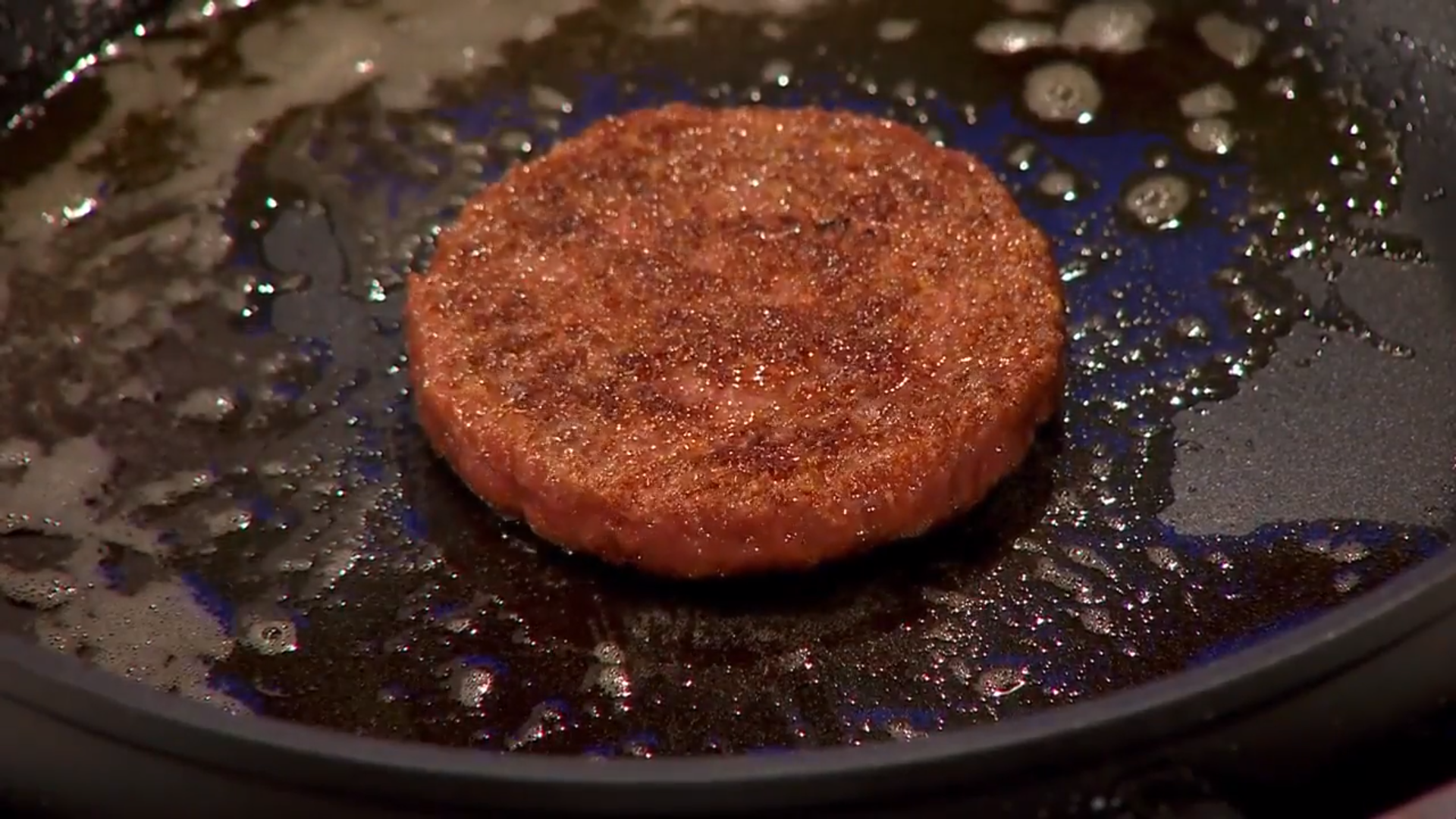|
Artificial Meat (other)
Artificial meat(s) may refer to: *Cultured meat, meat grown in cell cultures instead of inside animals *Factory farming related meats, foodstuffs created in highly managed conditions *Meat analogue, imitation meat products such as tofu, tempeh, textured vegetable protein (TVP), wheat gluten, pea protein, or mycoprotein See also *Artificiality Artificiality (the state of being artificial or manmade) is the state of being the product of intentional human manufacture, rather than occurring naturally through processes not involving or requiring human activity. Connotations Artificiality ... * Meat (other) {{disambig ... [...More Info...] [...Related Items...] OR: [Wikipedia] [Google] [Baidu] |
Cultured Meat
Cultured meat (also known by other names) is meat produced by culturing animal cells ''in vitro''. It is a form of cellular agriculture. Cultured meat is produced using tissue engineering techniques pioneered in regenerative medicine. Jason Matheny popularized the concept in the early 2000s after he co-authored a paper on cultured meat production and created New Harvest, the world's first nonprofit organization dedicated to ''in-vitro'' meat research. Cultured meat has the potential to address the environmental impact of meat production, animal welfare, food security and human health. in addition to its potential mitigation of climate change. In 2013, Mark Post created a hamburger patty made from tissue grown outside of an animal. Since then, other cultured meat prototypes have gained media attention: SuperMeat opened a farm-to-fork restaurant called "The Chicken" in Tel Aviv to test consumer reaction to its "Chicken" burger, while the "world's first commercial sale of c ... [...More Info...] [...Related Items...] OR: [Wikipedia] [Google] [Baidu] |
Factory Farming
Intensive animal farming or industrial livestock production, also known by its opponents as factory farming and macro-farms, is a type of intensive agriculture, specifically an approach to animal husbandry designed to maximize production, while minimizing costs. To achieve this, agribusinesses keep livestock such as cattle, poultry, and fish at high stocking densities, at large scale, and using modern machinery, biotechnology, and global trade."EU tackles BSE crisis" BBC News, November 29, 2000. The main products of this industry are , and |
Meat Analogue
A meat alternative or meat substitute (also called plant-based meat or fake meat, sometimes pejoratively) is a food product made from vegetarian or vegan ingredients, eaten as a replacement for meat. Meat alternatives typically approximate qualities of specific types of meat, such as mouthfeel, flavor, appearance, or chemical characteristics. Plant- and fungus-based substitutes are frequently made with soy (e.g. tofu, tempeh, and textured vegetable protein), but may also be made from wheat gluten as in seitan, pea protein as in the Beyond Burger, or mycoprotein as in Quorn. Meat alternatives are typically consumed as a source of dietary protein by vegetarians, vegans, and people following religious and cultural dietary laws. However, global demand for sustainable diets has also increased their popularity among non-vegetarians and flexitarians seeking to reduce the environmental impact of meat production. Meat substitution has a long history. Tofu was invented in China as ear ... [...More Info...] [...Related Items...] OR: [Wikipedia] [Google] [Baidu] |
Artificiality
Artificiality (the state of being artificial or manmade) is the state of being the product of intentional human manufacture, rather than occurring naturally through processes not involving or requiring human activity. Connotations Artificiality often carries with it the implication of being false, counterfeit, or deceptive. The philosopher Aristotle wrote in his '' Rhetoric'': However, artificiality does not necessarily have a negative connotation, as it may also reflect the ability of humans to replicate forms or functions arising in nature, as with an artificial heart or artificial intelligence. Political scientist and artificial intelligence expert Herbert A. Simon observes that "some artificial things are imitations of things in nature, and the imitation may use either the same basic materials as those in the natural object or quite different materials.Herbert A. Simon, ''The Sciences of the Artificial'' (1996), p. 4. Simon distinguishes between the artificial and the synt ... [...More Info...] [...Related Items...] OR: [Wikipedia] [Google] [Baidu] |


